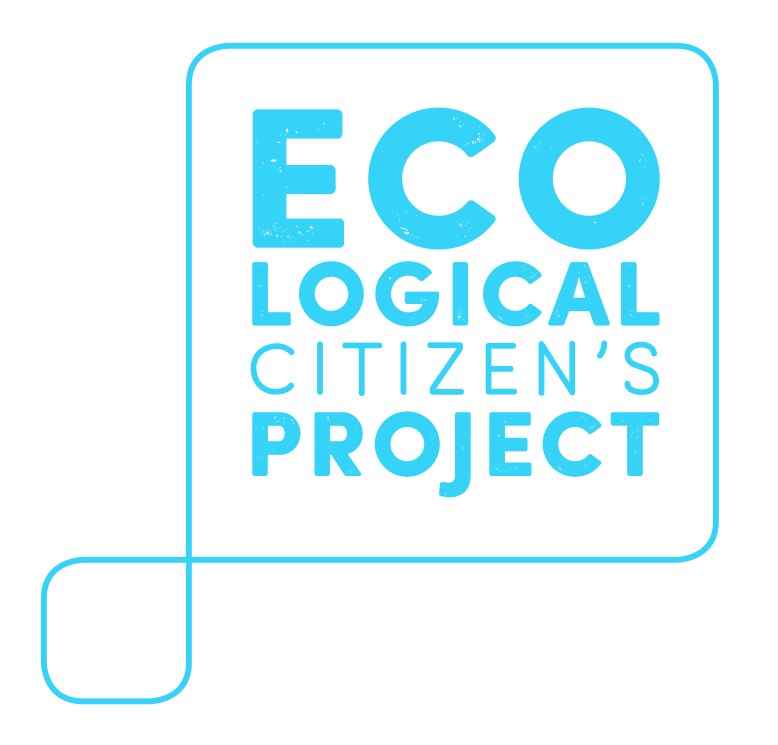Busy sitting down
As part of our ongoing mission to repurpose, we have decided to repost many of the articles written by Jason and Jocelyn over the past decade. Julia, the ECP’s Program and Communication Steward, will be writing responses to the work and the ways in which they are still important today.
Response to “Busy Sitting Down,” by Julia Tortorello-Allen
I stumbled upon this article when going through the ECP’s original blog and was immediately struck by how relevant this message still is, an entire decade after it was first posted. In the wake of COVID-19, more and more people have fully committed themselves to inactive, indoor lifestyles. The constant development of technology and social media has only added to this issue, making it easier to remain at home and rely on phones for most tasks.
As an artist and writer, I spend a great deal of my time hyper-focused and hunched over my iPad and computer. Even my activism work requires that precious hours of daylight be spent locked away staring at a screen. The industrialization of social media has made the task of creating change without the internet a near impossibility. And I understand that therefore this cultural shift to existing inside makes some degree of sense – bills need to be paid, children need to be fed, and I don’t believe that completely distancing oneself from everyone else for the purpose of abandoning social media is necessarily healthy. That being said, this is a clear and detrimental issue, and if we want technology to remain a helpful tool, we must ensure that our lives are still filled with nature and in-person relationships.
So, what can we do? Start with small steps and be forgiving of yourself. It’s not easy to rebel against the mainstream and let’s be realistic. Choosing a more active, nature based, and “in-person” life is doing just that. For me, one major change that I was able to make was the switch to doing my homework outside, under the night sky. Even if I must be focused on my tech, I am still immersing myself in the outdoors. I’ve also worked hard to prioritize daily walks, no matter the weather, with my daughters, and take five-minute meditation moments outside every day. You’ll notice that changes you make, no matter how small, will make a massive difference in regulating your mood, sleep, and general state of happiness. So, my challenge for you is to check out the article below, let these thoughts sit with you, and make a small action plan. This week, take a hike, go sit in a beautiful garden, or even just spend a few minutes sitting outside.
“Busy Sitting Down,” by Jason Angell (Originally posted on December 20, 2012)
Like many of us, I spent my twenties moving through a series of office jobs trying to figure out what I wanted to do for a living. Most jobs revolved around my interests -- education, community organizing, or political change -- but the setting was always the same: some version of a room with a desk and computer, which I sat behind dutifully.
For a long time I was unhappy at work and I always thought the job was the problem. Invariably after a year or two, I would polish up my resume and head for greener pastures. Rewind and repeat. You get the picture (and may even find yourself caught up in it at the moment).
In my early thirties, I found myself in the job I had been working towards, directing a small, scrappy advocacy organization that was working for social change and finding success. But there I was, behind the computer, moving in and out of meetings, the sun and sky and outside world in a window hanging on my office wall like a picture. And I had a jarring realization -- what if it was working in an office that made me so unhappy? That was a lot harder to change than a job.
A recent NY Times article about the sedentary routines of our modern life made me think about all of this again. The article was mostly about obesity, but linked that growing epidemic to a much larger problem -- the western "sedentary life-style that is colonizing the world". Research studies noted that almost 45% of Americans are caught up in daily routines that are almost completely inactive, failing to walk or be active a minimum of twenty minutes a day.
Many Americans wake up from whatever amount of sleep they can grab, take a seat in a car or train as they commute to work, sit behind a computer or cash register most of the day, (hopefully) sit down at the dinner table when they get home, watch some television or go on-line for a few hours and turn in to bed.
Our modern way of living (daily routines that are so routine they are almost invisible to us) might be the real problem. What is the answer? More jogging? Maybe. Or maybe returning to a way of life that reduces the distance between the outdoor world and our inside lives. Certainly, we must begin to look at our own daily routines and determine which bring us joy and bring us down, which are necessary and which might be changed. Hard, but not impossible. Once you start thinking about it, every small action to turn away from the dominant pattern of inactive, passive life is a radical one. It is in this way that we begin to stand up again.

